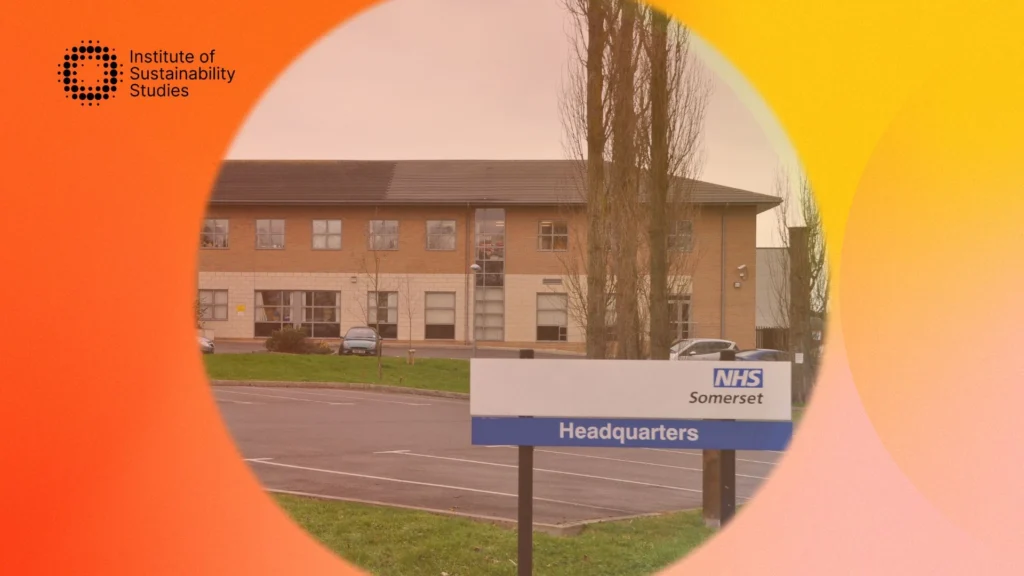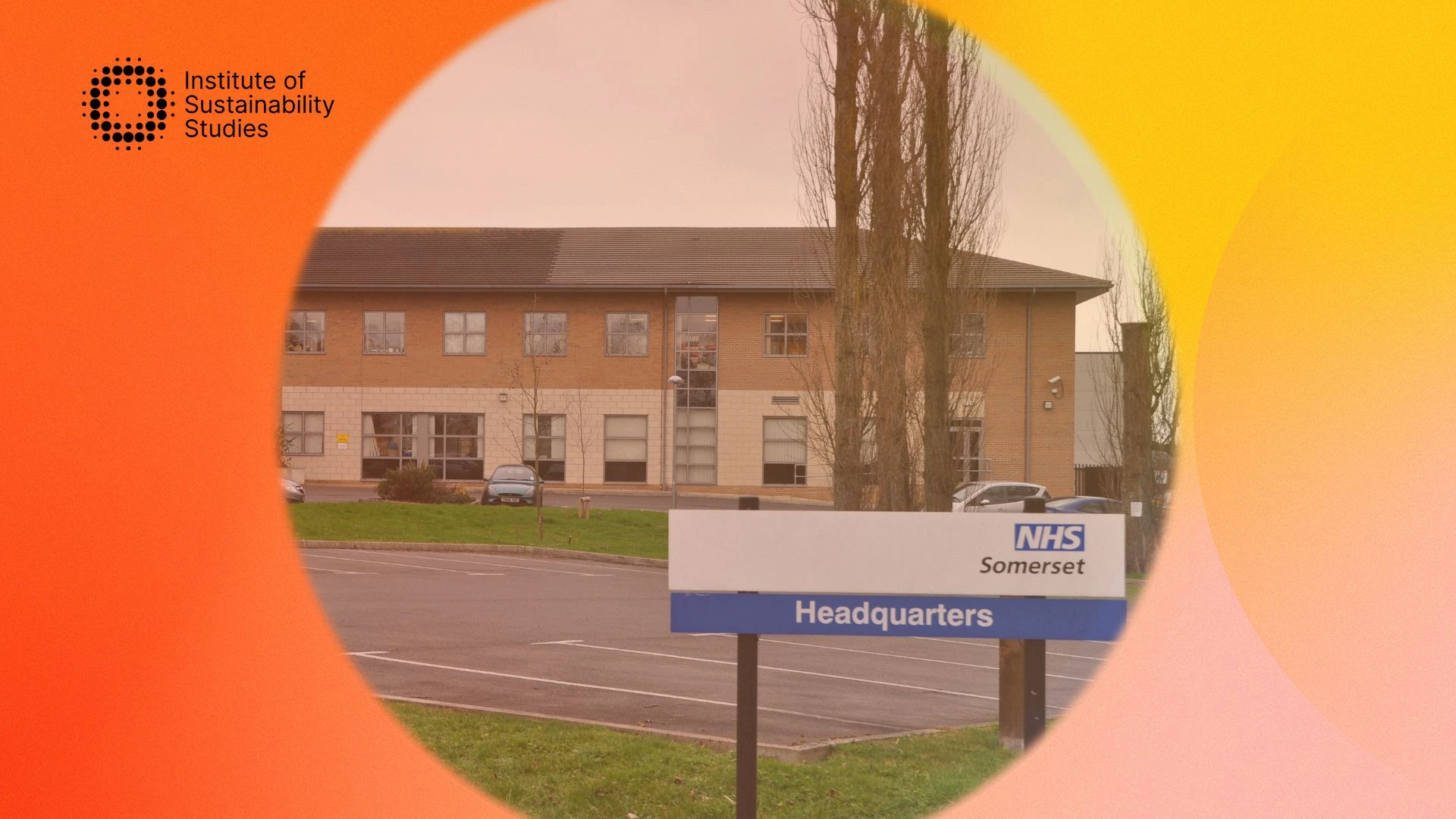A new report finds that improving home energy efficiency in England, along with switching to electric heating and cooking, could save the NHS up to £1.37 billion by 2050. The changes could also improve public health for millions, while supporting long-term NHS England sustainability goals.
The research was commissioned by the UK Government and carried out by a consortium of experts. It links home retrofits and electrification with lower indoor air pollution and fewer cold-related health problems. Additionally, the findings highlight how housing policy can align with business sustainability strategies and NHS England sustainability priorities, delivering environmental, health, and economic benefits.
Unlock long-term ROI with sustainability training that helps maximise cost savings
Public health gains from cleaner, warmer homes
The study estimates that replacing gas cookers with electric alternatives in 14 million homes could deliver £170 million in NHS savings over the next 25 years. Similarly, a faster roll-out of electric heat pumps could reap between £300 million and £900 million in savings, largely because they keep homes warmer during cold weather. These measures also reduce exposure to particulate matter 2.5 (PM2.5), a key indoor air pollutant, by an estimated 25 percent, directly supporting NHS England sustainability by lowering the burden of respiratory and cardiovascular illness.
Full building fabric upgrades, including wall and loft insulation, double glazing with trickle vents, and other efficiency measures, could bring £300 million in cost savings for the NHS. Although the study did not quantify the health benefits of adapting buildings for overheating, measures such as window shutters or urban tree planting could deliver further savings. Even without these additional figures, the projected NHS savings total between £770 million and £1.37 billion by mid-century.
Policy gaps and the path forward
Despite these potential gains, the UK’s Climate Change Committee (CCC) has flagged that only 1 percent of UK homes currently have a heat pump, among the lowest rates in Europe. Progress on energy efficiency improvements has also been slow, hampered by inconsistent policies and unclear responsibilities.
The CCC estimates that the Government’s current policies will deliver just 38 percent of the emissions reductions needed by 2030. Recommendations include removing legacy policy costs from electricity bills (bringing electricity-to-gas price ratios in line with countries like Ireland and France) and ensuring new homes are not connected to the gas grid.
The Government’s forthcoming Warm Homes Plan, backed by £13.2 billion in funding, aims to accelerate retrofits in social and low-income housing and expand heat pump grants. However, the scale and speed of delivery will be critical to realising the full health and economic benefits.
Conclusion
The findings show that decarbonising homes is more than a climate or health initiative; it’s a measurable investment opportunity. Warmer, cleaner, and more efficient homes could deliver billions in NHS savings, reduce energy costs, and improve quality of life, all while advancing NHS England sustainability targets.
For policymakers, the return on investment (ROI) in retrofits and electrification is both financial and societal. For businesses, it’s proof that sustainability action can deliver long-term value while addressing urgent public needs.
At ISS, we help organisations capture this kind of ROI through accredited training and practical tools. By embedding sustainability into core decision-making, organisations can unlock cost savings, strengthen stakeholder trust, and create a lasting impact, turning climate action into a competitive advantage.
Dedicated to harnessing the power of storytelling to raise awareness, demystify, and drive behavioural change, Bronagh works as the Communications & Content Manager at the Institute of Sustainability Studies. Alongside her work with ISS, Bronagh contributes articles to several news media publications on sustainability and mental health.
- Bronagh Loughlinhttps://instituteofsustainabilitystudies.com/insights/author/bronagh/
- Bronagh Loughlinhttps://instituteofsustainabilitystudies.com/insights/author/bronagh/
- Bronagh Loughlinhttps://instituteofsustainabilitystudies.com/insights/author/bronagh/
- Bronagh Loughlinhttps://instituteofsustainabilitystudies.com/insights/author/bronagh/









